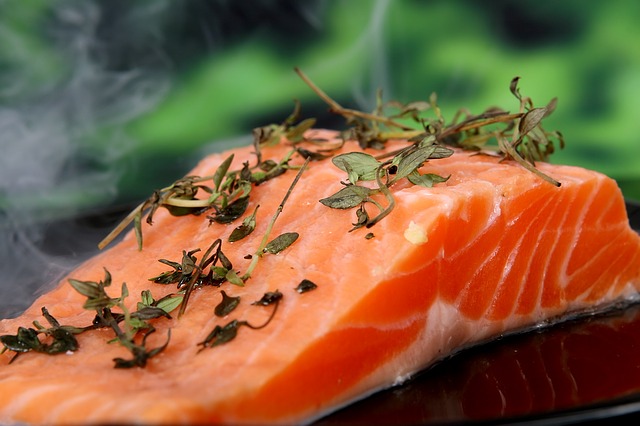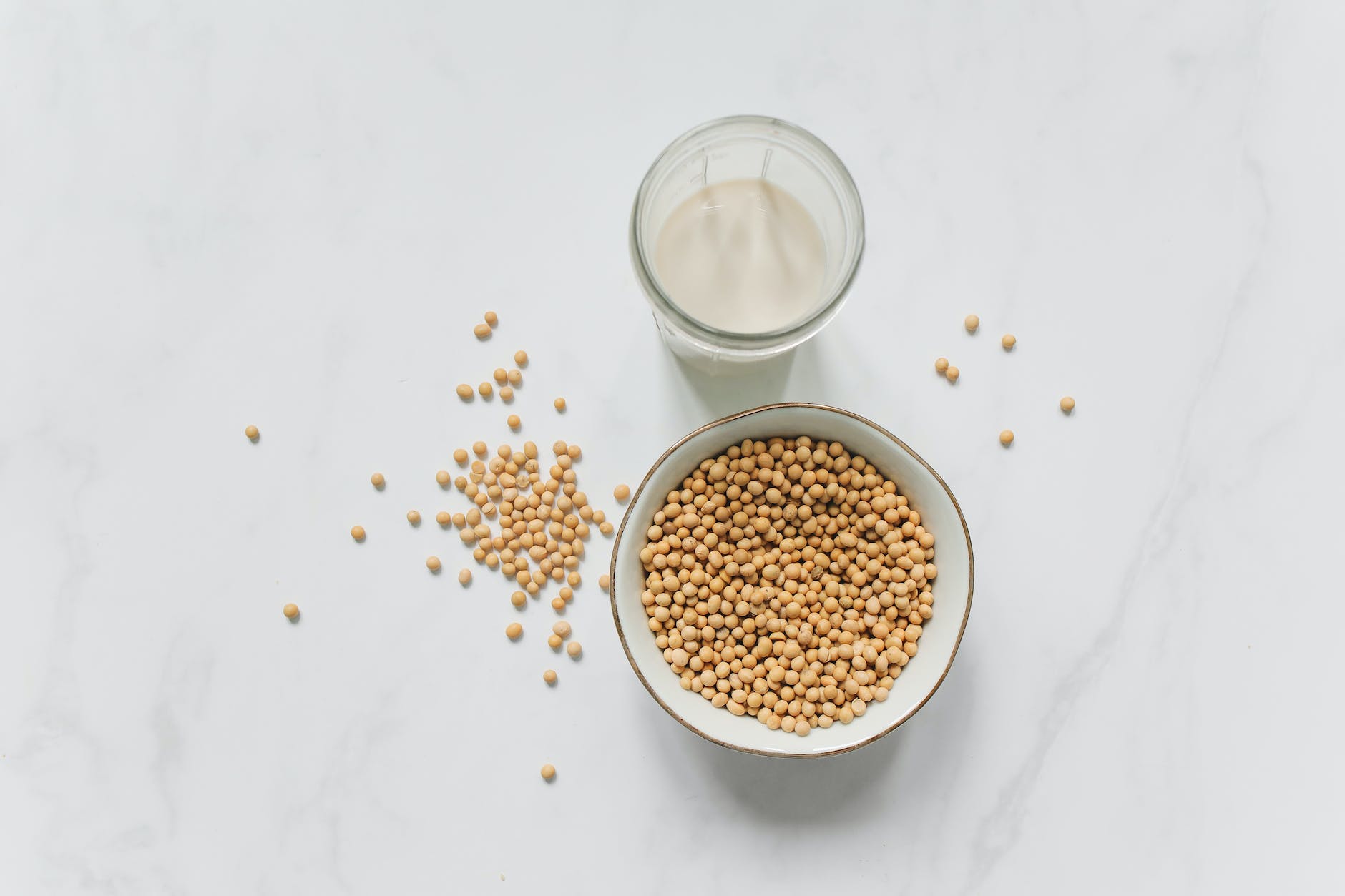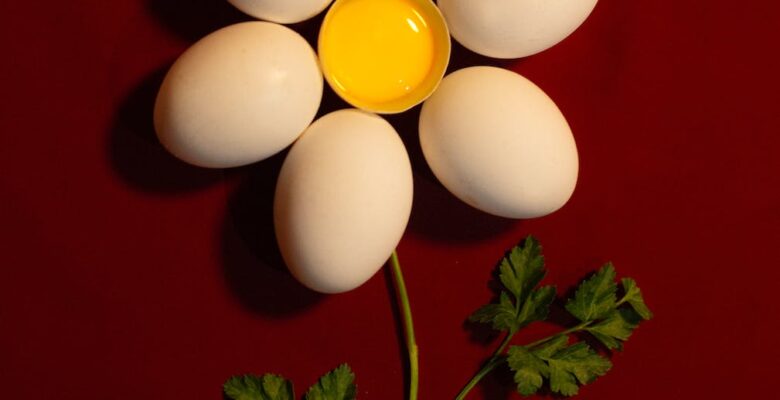So, which foods can help lower cholesterol? Here are 20 alternative options for naturally lowering your cholesterol levels.
If you’ve recently been to the doctor and learned that you have high cholesterol, you’re probably trying to make sense of it all. What is cholesterol, exactly? What does having high cholesterol levels mean? What effect does it have on your health? How can you reduce it?
First and foremost: What exactly is cholesterol… It’s a waxy material that your body uses to make cells, which is beneficial, but too much of it is harmful. Your body manufactures the cholesterol you require, but it is also present in many foods that you may consume on a daily basis. When you consume more cholesterol, especially in large amounts, there is an excess, which can be harmful.
Cholesterol flows in the blood, and as cholesterol levels grow, so do the health hazards.
There are two kinds of cholesterol: HDL (the healthy kind) and LDL (the evil kind). If you have too much bad cholesterol or not enough good cholesterol, the bad cholesterol (LDL) will build around the internal walls of the arteries. This buildup can restrict the arteries and reduce their flexibility. If your arteries narrow and a clot forms, you could have a heart attack or stroke.

Of course, you don’t want to be the victim of such a tragic, life-threatening ailment. Therefore, you want to keep your cholesterol under control and lower the bad type. How do you do it? – There are drugs available, or you can just make dietary modifications. There are numerous foods that have been shown to lower cholesterol levels. You can lower your cholesterol levels and keep your heart healthy by including these foods in your diet.
1. Oats
If you want to naturally lower your cholesterol, try including oats in your diet. You can lower your LDL (bad cholesterol) readings by as much as 5.3 % in as little as 6 weeks by eating two servings of oats every day! Oats include beta-glucan, which is a compound that absorbs LDL cholesterol.
Once absorbed, it is secreted by your body. In addition to decreasing cholesterol, oats are high in magnesium, fiber, phosphorus, zinc, and selenium, among other minerals. Eat some oatmeal for breakfast and some with yogurt for an afternoon snack.
2. Beets
These root vegetables have some incredible health benefits. They are high in phytochemicals, which fight free radical damage and keep arteries flexible, preventing them from being clogged with cholesterol.
Beets are high in beneficial elements, including fiber, iron, vitamin C, magnesium, folate, and potassium, in addition to lowering harmful cholesterol. Simply boil some beets and serve them as a snack or side dish along with your favorite main dish, or use them as a salad topping or combine them into a healthy smoothie.
3. Red Wine
It turns out that drinking a glass of red wine every day might not only help you relax, but it can also help you improve your health, particularly by lowering your cholesterol levels. Tempranillo grapes, which are used to make red wine, are high in fiber, which aids in lowering bad cholesterol levels significantly.
According to one study, drinking a glass of red wine made from Tempranillo grapes reduced cholesterol levels by 9%. So, pour yourself a glass of red wine and toast to lower cholesterol.
4. Salmon
This cold-water, fatty fish is high in nutrients and has been shown to have significant effects on both physical and mental health. Salmon is filled with omega-3 fatty acids, which have been shown to boost good cholesterol levels (HDL) by up to 4%.

Omega-3 fatty acids may also protect against dementia and Alzheimer’s disease. This fish is also high in vitamin B12, potassium, and selenium. Grill a salmon filet on a cedar plank, pan-sear it, and serve it on top of a salad, or mix it into spaghetti.
5. Almonds
These meaty nuts are high in monounsaturated and polyunsaturated fats, which are beneficial to your health. They also provide a good amount of fiber. They also include antioxidant flavonoids, which aid in promoting artery health and reduce inflammation. It has been discovered that almonds can lower LDLs, prevent damage to the artery walls, and protect against cholesterol plaque accumulation.
Walnuts are also high in fiber, magnesium, phosphorus, protein, and other essential elements. Take a handful of nuts for a healthy snack, substitute them for croutons on a salad, or mix some into your breakfast cereal.
6. Flaxseeds
These seeds may be small, but they pack a significant punch for your health. They contain the highest concentration of the plant-based omega-3 fatty acid alpha-linolenic acid (ALA). They also have high levels of lignans and both soluble and insoluble fiber, both of which can considerably lower cholesterol levels, help detoxification, and enhance gut health.
The soluble fiber in flaxseeds is the secret to their cholesterol-lowering properties; it traps cholesterol in the digestive tract and prevents it from being absorbed by the body.
7. Avocados
These green, meaty fruits are one of the best sources of monounsaturated fat, which is important for your heart’s health. This fat helps to increase good cholesterol (HDL) while decreasing bad cholesterol (LDL). Avocados are also high in soluble fiber, polyphenols, folate, niacin, potassium, and omega-3 fatty acids.
Cut an avocado in half, remove the pit, and eat it right out of the shell, or slice it up and add it to a salad or sandwich. Another way to eat avocado is to mash it up and make guacamole.
8. Black tea
Black tea is arguably best known for its antioxidants, which have been linked to cancer treatment and prevention; however, the same antioxidants are also an excellent line of defense against high LDL cholesterol (the nasty kind). In just three weeks, black tea has been shown to reduce blood lipids by 10%!
9. Dark chocolate
If you like chocolate, you’ll appreciate it even more, especially if you’re attempting to lower your cholesterol levels. Dark chocolate contains antioxidants that aid in the formation of HDL, or healthy cholesterol.
The darker chocolate has a higher cocoa content, which is better for your health. This nutritious snack also contains fiber, manganese, magnesium, iron, copper, and protein. Snack on a dark chocolate bar for a delightful and healthful snack, or sprinkle some shavings on your cereal or yogurt.

10. Olive oil
Olive oil has monounsaturated fatty acids, which aid in the reduction of LDL cholesterol (bad cholesterol). While all varieties of olive oil can help lower cholesterol, extra virgin olive oil has been shown to have the most substantial effects.
Start using extra virgin olive oil in place of any other oil. You can add this to homemade salad dressings or in any recipe that calls for oil.
11. Turmeric
This bright yellow spice is popular in Middle Eastern and Indian cooking. It not only has a delicious flavor, but it also has some pretty fantastic health advantages. Curcumin, the key component in this spice, is responsible for its cholesterol-lowering properties.
It aids in the reduction of bad (LDL) cholesterol, the prevention of clot formation, the prevention of free radical damage, and the enhancement of the immune system. It has also been linked to a lower risk of heart disease, arthritis, and cancer. To add a delicious flavor and lower your cholesterol levels, incorporate turmeric into a cup of tea a smoothie, or sprinkle some into your eggs or cottage cheese.
12. Garlic
Garlic is well-known not just for its delicious flavor but also for its capacity to boost heart health. Garlic includes antioxidants and anti-inflammatory qualities that help to decrease LDL cholesterol while increasing HDL cholesterol levels.
Garlic also aids in the prevention of blood clots, the reduction of blood pressure, and the prevention of infections. Garlic contains calcium, vitamin B1, copper, vitamin C, selenium, and manganese. Garlic may be sprinkled on top of pizza, used in pasta sauce, and used to flavor meats; there are numerous ways to incorporate it into your diet.
13. Sweet potatoes
These root vegetables are popular for their sweet flavor and heartiness, but they don’t simply taste good and fill you up; they also have a high fiber content. Lower cholesterol levels are due to the fiber in these vegetables, which helps to clear the arteries and avoid blockages. Sweet potatoes include a lot of potassium and vitamin A.
Sweet potatoes can be baked or roasted and served with a dollop of nonfat butter (ideally with an olive oil basis), or they can be sliced and prepared as fries. Sweet potatoes can also be blended and used to make pancakes, muffins, and a number of other baked items.
14. Spinach
It’s no surprise that Popeye ate his spinach: this lush green food is abundant in lutein, a pigment that has numerous health advantages. Spinach, in addition to lowering the risk of macular degeneration and raising iron levels, can also prevent cholesterol from accumulating on the artery walls.
Spinach is also high in iron, fiber, vitamins B1, B2, and B6, and magnesium, among other minerals. Add some spinach leaves to a salad or simmer them with water and a touch of olive oil, then sprinkle with turmeric for a cholesterol-fighting snack or side dish.
15. Beans
Peas are a potent food that can drastically cut cholesterol levels, whether they are black, white, yellow, green, or split.
This is because they are high in soluble fiber, which aids in the absorption of LDLs (bad cholesterol) and increases HDL (good cholesterol). Little as 1/2 cup of cooked lima beans has 3.5 grams of soluble fiber. 3.5 grams of fiber can reduce LDL cholesterol by roughly 7% in just 12 weeks.
There are numerous methods to incorporate peas into your diet: Serve as a side dish or as the foundation for a main course (rice and beans;) Use them as a soup base, put them into a salad, or make a chili with them.
16. Walnuts
If you are working on trying to lower your cholesterol levels, these filling and flavorful nuts are another fantastic addition to your diet.
They are high in both monounsaturated and polyunsaturated fatty acids, which aid in improving blood vessel health and can dramatically cut bad cholesterol while increasing good cholesterol.
A cup of walnuts can be eaten as a snack, sprinkled on top of a salad, or mixed with a bowl of oatmeal for a potent cholesterol-lowering meal.
17. Soy
Soy is one of the few full plant-based proteins that can easily be substituted for animal protein sources and dairy (which can increase harmful cholesterol levels), and it is an excellent strategy to lower your cholesterol levels.
It has a high fiber content and a low saturated fat content. It is also cholesterol-free. You can lower your cholesterol by up to 10% by replacing foods heavy in saturated fat with soy.

18. Tomatoes
These delectable fruits (yep, they’re a fruit) are most recognized for their cancer-fighting abilities; nevertheless, they can also help lower cholesterol levels. They are high in lycopene, an antioxidant that gives them their red color and can help decrease LDL by up to 10%. Snack on a tomato, toss it into a salad or use it as a sandwich topper.
19. Apples
An apple a day keeps the doctor away, and this is especially true if you are attempting to lower your cholesterol. Apples are high in soluble fiber and aid in the absorption of harmful cholesterol.
Apples are delicious on their own and make a healthful, cholesterol-lowering snack. They can also be mixed into salads and other cuisines.
20. Pears
This sweet fruit is not only delicious, but it can also help lower cholesterol. Pears, which are high in fiber, can considerably lower LDL cholesterol levels by absorbing bad cholesterol and increasing good cholesterol. Snack on one as a snack, toss one into a salad or blend one into a smoothie or yogurt.
To Conclude
There you have it. Maintaining a healthy level of cholesterol is critical. High cholesterol can lead to chronic diseases like heart attack, stroke, and other significant complications due to constriction or obstruction.
Keep an eye on its level and maintain a balanced diet to prevent the number from rising.
